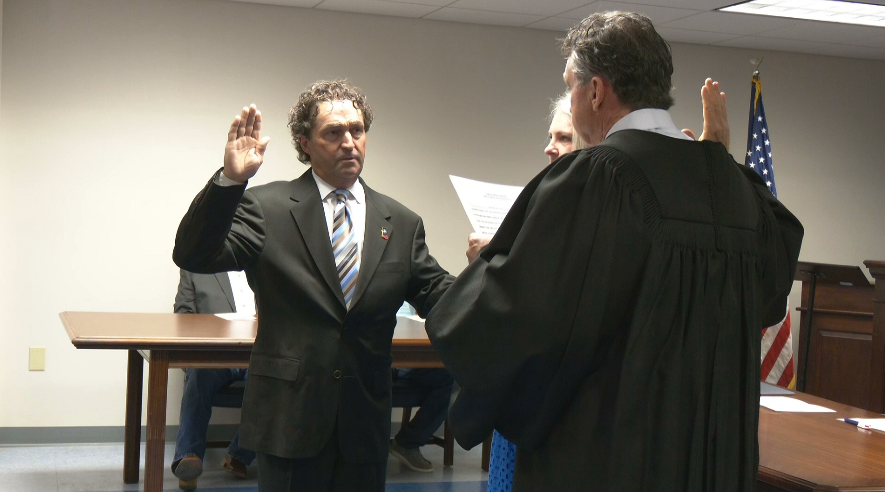Philadelphia soda sales drop after tax on sugary drinks
- Soda sales fell 38% in Philadelphia after the city imposed a tax on sugar-laden drinks.
- Beverage sales within Philly fell, while they rose just outside its borders, researchers found.
- Tax imposed in 2017 helps generate funds for prekindergarten and improvements to city parks and libraries.
Sales of soda and other sweetened beverages plunged nearly 40% in Philadelphia after the city taxed the drinks in 2017, a new study found. Beverage sales within the city’s limits dropped 51%, but an increase in sales just outside Philadelphia’s borders resulted in a net drop of 38%, according to the findings published Tuesday in the Journal of the American Medical Association.
Philadelphia imposed a tax of 1.5 cents per ounce on sweetened drinks starting Jan. 1, 2017, becoming the second city to do so, following Berkeley, California, noted the University of Pennsylvania researchers who authored the report.
Seven other U.S. cities have imposed taxes on beverages, the researchers added. In addition to Berkeley and Philadelphia, that list includes Oakland, California, and San Francisco; Boulder, Colorado; and Seattle.
Trending News
The findings mirror past studies of other places that have imposed beverage taxes, but the sales drop in Philadelphia was more dramatic than those found in prior research. As opposed to studies in Berkeley and Mexico, nontaxed drink sales didn’t rise, “suggesting consumers were not substituting with these drinks in Philadelphia,” the researchers said.
Curbing diabetes, tooth decay
The moves come as part of an effort to curb obesity and other diseases, and to raise revenue to fund social programs. In Philadelphia’s case, the tax has reportedly generated more than $130 million to fund pre-K, community schools and improvements to parks, recreation centers and libraries.
“When we think about what it’s really going to take to reduce chronic disease in this country, including diabetes, obesity and overweight, we need massive interventions and the evidence is really strong this is one that works,” Kristine Madsen, faculty director of the Berkeley Food Institute at the University of California Berkeley, wrote in an editorial published along with the study.
The latest study was funded by Bloomberg Philanthropies, supported by Michael Bloomberg, who as mayor of New York unsuccessfully tried to partially ban soft drinks and has lobbied for soda taxes.
The American Academy of Pediatrics and the American Heart Association in late March called for taxes and limits on marketing to children to curtail drinking sugar. It said sweetened drinks pose real — and preventable — health risks, including tooth decay, diabetes, obesity and heart disease.
Research in the journal Science found sugary beverages with high-fructose corn syrup fed colon tumors in mice. And a separate study at Harvard linked sweetened-drink consumption to higher risks of heart disease.





Leave a Reply